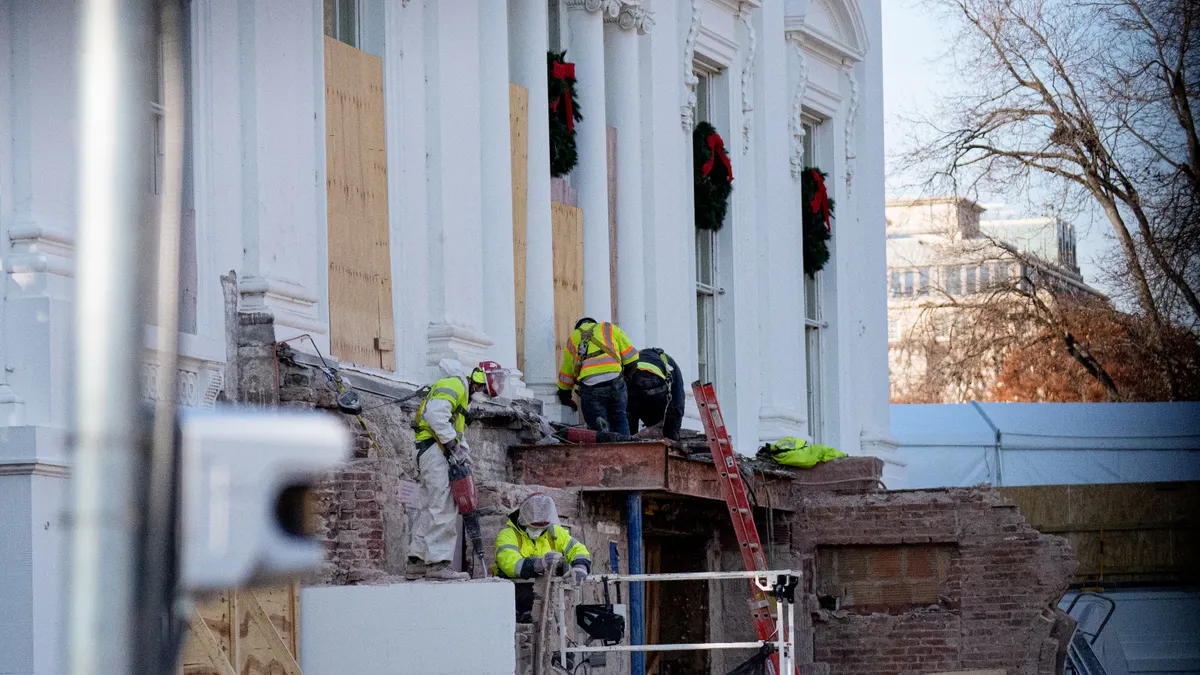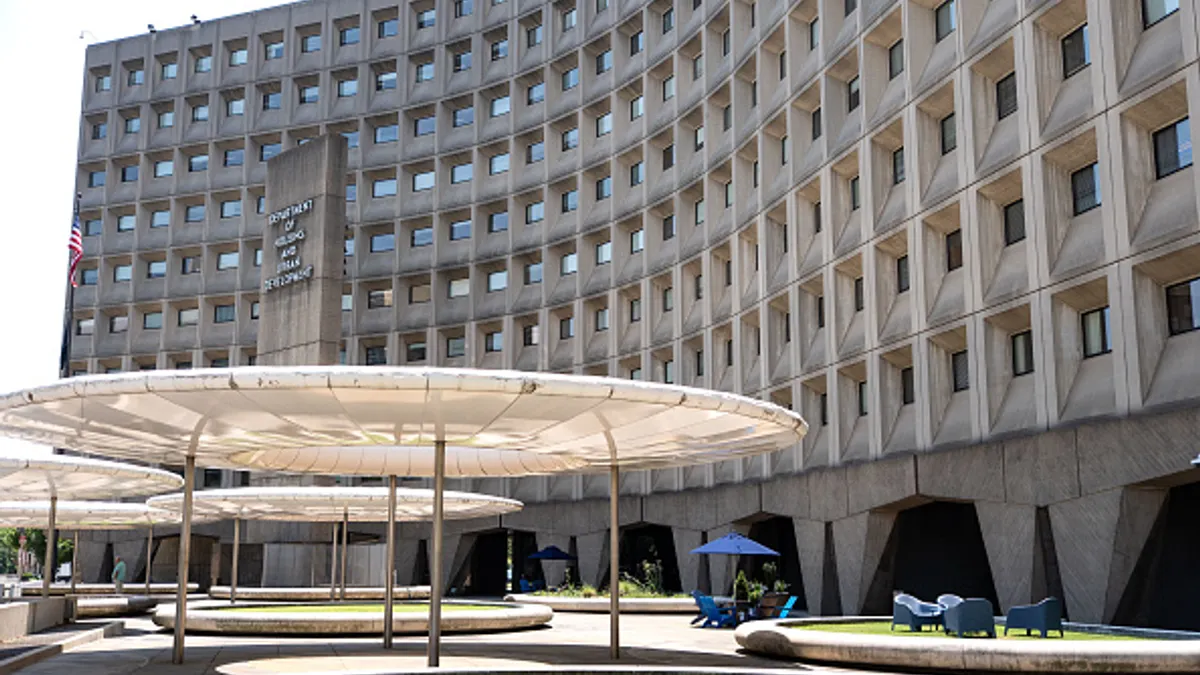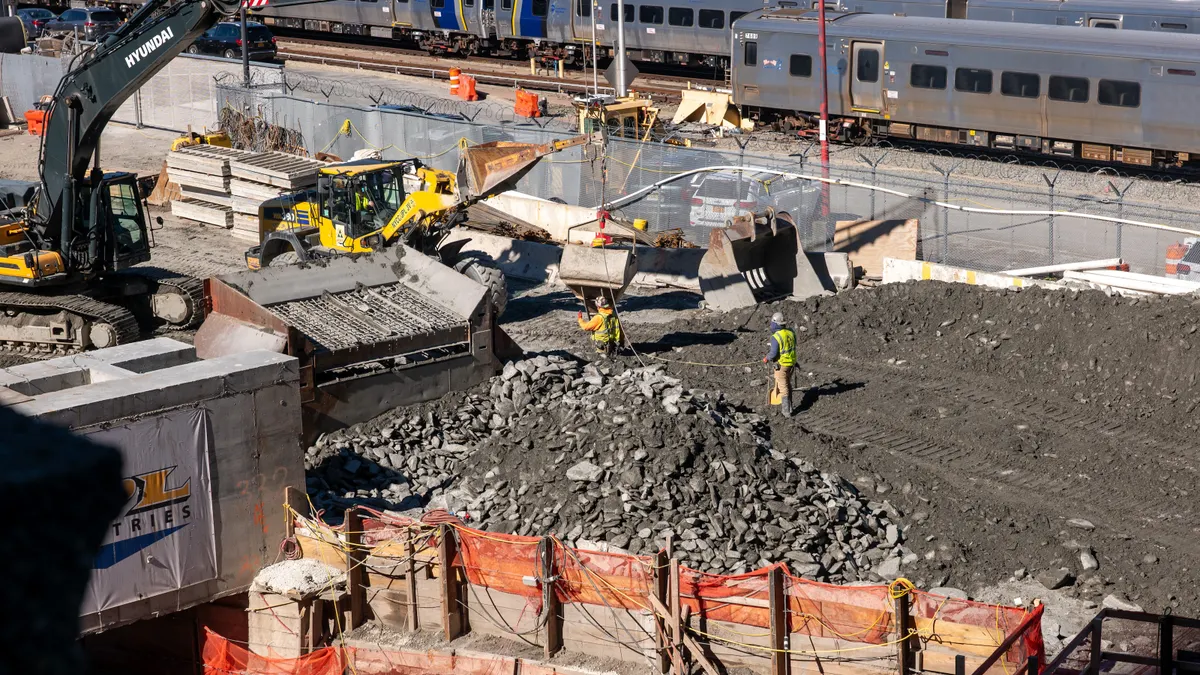Editor's Note: The following is a guest contribution from Scott Wolfe Jr. and Danny Garfield. Wolfe is the founder and CEO of zlien, a cloud-based mechanics and construction payment platform. A licensed attorney in six states, Scott has been a keynote speaker for the American Subcontractors Association and has written for The New York Times, Construction Executive, tED Magazine, Engineering News-Record and more. Garfield, the head of marketing for zlien, manages the Construction Payment Blog.
A global movement for fair payment, inside and outside of the construction industry, is growing to a boiling point.
Most notably, a number of businesses and government organizations in the United Kingdom have rallied around the call for speedier payments to subcontractors over the last several years. Similar movements have taken hold in the United States and South Africa. (Beyond the construction industry, this dynamic has manifested in an effort to protect small businesses from payment abuses by their larger, more powerful customers.)
While there is a plethora of evidence proving that subcontractors are plagued with late payments, opposing voices argue that speedy payments can hurt primary contractors. Nonetheless, numerous government organizations have committed to better payment practices on public projects, and are taking measures to incentivize (or require) private corporations to do the same. Other initiatives invite primary contractors to make voluntary commitments.
Fair payment initiatives in the United Kingdom
The United Kingdom is undoubtedly the leader in the mission to help subcontractors — or "subbies" — and small businesses gain access to more fair pay, with numerous initiatives, campaigns, and legislative actions in place. (It should be noted, however, that the US has had prompt payment laws in place for decades.)
UK law has required businesses to pay invoices within 60 days, or pay penalties. More recently, the government's Prompt Payment Code (PPC) have outlined standards for payment practices toward suppliers, which include paying invoices within 30 days. The PPC is not mandatory, but rather companies are invited to sign on to adopt its standards. In exchange, signatories gain the ability to market their PPC :membership." To date, 1,332 UK businesses have signed on.
In 2014, the UK government and The Construction Leadership Council, a public-private organization, enacted a payment charter with 11 fair payment commitments. These include vows to achieve 30-day payments by 2018, move to electronic payments, reduce or remove retention, adopt more fair dispute resolution processes, and more. Like the Prompt Payment Code, this charter is not mandatory, and thus relies on sign-ons from businesses. However, its creation, in part, by industry leaders bodes well for its success.
On the front of public sector construction, Project Bank Accounts (PBAs) have been increasingly adopted since 2012 to facilitate speedier payments. PBAs are trust accounts that make payments directly to contractors. For example, a subcontractor would receive payment directly from the fund, not from the prime contractor. PBAs make payments on average within five days of invoicing.
Fair payment initiatives in the United States
The Obama administration has adopted and reinforced several measures to support small businesses and suppliers. QuickPay, launched in 2011 and renewed in 2014, requires federal agencies to make quick payments to its large contractors, and in turn requires those contractors to make quick payments down the chain to small business subcontractors.
"SupplierPay is the Private Sector's [QuickPay] equivalent," the White House website says. Similar to efforts in the UK, SupplierPay is a public-private joint venture that relies on adoption from private corporations.
Similar to QuickPay, the United States' Federal Acquisition Regulations (FAR) require prime contractors, upon receiving fast payment from the government, to turn around with speedy payment to subcontractors.
Some private corporations, primarily prime contractors and developers such as Turner Construction, have pioneered their own solution to late payment in the way of early payment programs (EPPs). Under an EPP, a subcontractor agrees to a pay cut in order to receive early payment. In the United Kingdom, this is known as Reverse Factoring.
Fair payment initiatives in South Africa
South Africa's Department of Public Works introduced an amendment to the Construction Industry Development Board Act of 2000 that would enact stronger fair pay measures. The amendment is expected to go live in 2016.
The fair pay initiatives would grant rights to subcontractors that extend beyond standard prompt payment requirements. These include the right to stop work when payment is late and the ability to charge interest on late payments. The amendment would also prohibit contractual pay-if-paid clauses. Perhaps most interestingly, the new laws would create a mandatory system for resolving payment disputes.
The pros and cons of prompt payment
Commenting on a subcontractor's speech about payment practices at a 2013 Engineering News-Record Risk Summit, ENR's Richard Korman wrote, "... her conversation seemed to have as much to do with morality and the public good as with management."
Payment practices are a contentious issue, neatly summed up by Korman's article title: "Views Differ from Places on the Payment Flow-Chart."
While it's easy to argue that prime contractors should make timely payments, others posit that GCs need to retain money just as much as subcontractors need to receive it. Just as subcontractors, who often have smaller cash reserves, need money to stay afloat, prime contractors require capital to react to markets and maintain profits. Building Magazine in 2014 explained that prime contractors have seen greater amounts of debt recently, and have had increasing difficulty raising money. Project Bank Accounts, similarly, reduce prime contractors' value, as payments to lower-tier contractors do not flow through the primes' balance sheets.
In the last several years, fair payment initiatives have popped up across multiple countries and industries. It's difficult to argue that fair payment is not a worthy cause, but what fair payment looks like is another question. As old programs and campaigns gain efficacy, and new efforts emerge, the world will continue to learn how they can affect the overall well-being of the construction industry and others alike.




















